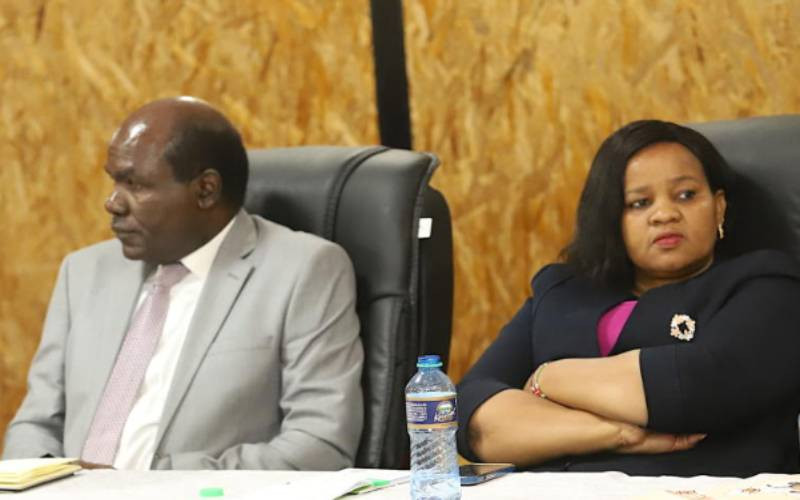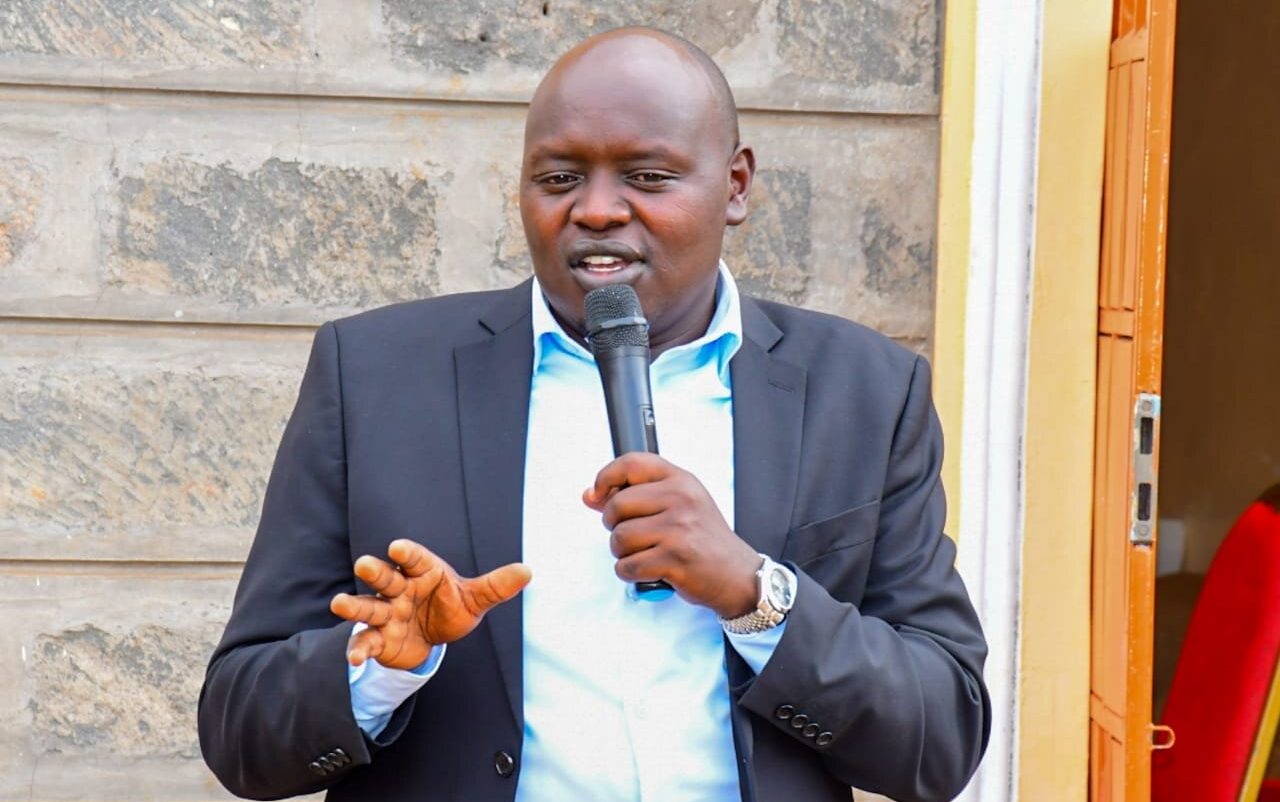The Supreme Court on Monday, September 26, 2022, made a raft of recommendations to the Independent Electoral and Boundaries Commission (IEBC) following the disputed August 9 presidential election.
In a detailed judgment on the presidential petition lodged by Azimio la Umoja – One Kenya coalition leader Raila Odinga and six others, a seven-judge bench led by Chief Justice Martha Koome noted that there are legal, policy and institutional reforms that are urgently required to address the ‘glaring shortcomings within IEBC’.
Some of the recommendations touch on the boardroom wars in the electoral body that saw four commissioners disown the presidential results announced by IEBC Chairperson Wafula Chebukati on August 15.
IEBC Vice-chairperson Juliana Cherera and commissioners Irene Masit, Francis Wanderi and Justus Nyang’aya distanced themselves from the results alleging a lack of transparency on the part of a faction led by Chebukati and commissioners Abdi Guliye and Boya Molu.
The Supreme Court, in a brief judgment delivered on September 5, however, said it could not nullify the election of President William Ruto on the basis of ‘a last minute boardroom rupture’.
Here are the recommendations:
(a) On corporate governance issues
- Parliament should consider enhancing the statutory and regulatory framework on the separate policy and administrative remit of IEBC.
- IEBC ought to effect formal internal guidelines that clearly delineate the policy, strategy, and oversight responsibility of the Chairperson and the Commissioners; and develop institutionalized guidelines on how to manage the separation of administrative and policy domains.
- The roles of the Chairperson, Commissioners, and the Chief Executive Officer, other staff and third parties should be clearly set out in both the legislative and administrative edicts.
(b) On election technology
- To avoid suspicion from stakeholders, unless where and when it is absolutely necessary, access to the servers supporting the transmission and storage of Forms 34A, 34B and 34C should without compromising and/or infringing any third-party agreements.
- IEBC should ensure that the servers supporting the elections and those serving their internal administrative work are distinct and separate. This would then allow the Court, should the need arise, to carry out forensic imaging of the same without compromising and/or infringing any third-party agreements.
(c) On statutory Forms
- IEBC may consider simplifying and restructuring the Form 34A and include a column that accounts for stray ballots. In addition, it may consider having only one section for total valid votes. The independent body may also find it prudent to thoroughly train its Returning Officers as to what constitutes valid votes per this Court’s decision.
- IEBC ought to put in place specific mechanisms to allow for special voting as contemplated under Regulation 90 of the Elections (General) Regulations 2012.










